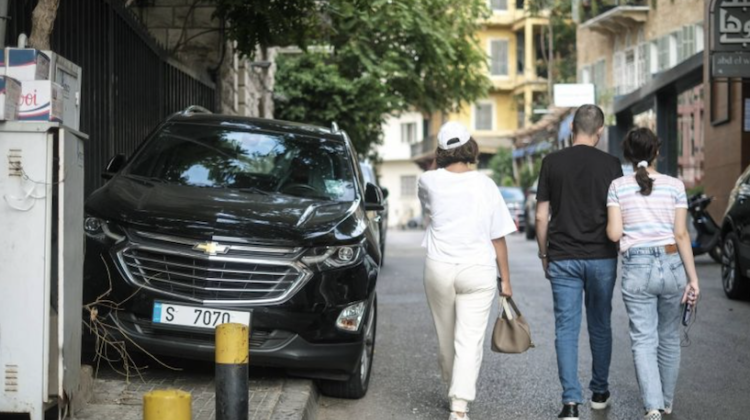Justin Kollar
Justin Kollar is a planner, designer, researcher, and Ph.D. student at the Leventhal Center for Advanced Urbanism (LCAU), MIT. He holds master’s degrees in Architecture and Urban Planning from the Harvard Graduate School of Design and a bachelor’s degree from the University of Michigan Taubman College of Architecture and Planning. Justin’s areas of interest include the development of technical methods for enhancing spatial planning and project implementation, as well as creating more sustainable, walkable, and equitable urban environments. His academic and professional work has also been published in edited volumes such as Landscape Approach: From Local Communities to Territorial Systems (2022), Neocolonialism and Built Heritage: Echoes of Empire in Asia, Africa, the Middle East and Europe (2020), From the South: Global Perspectives on Landscape and Territory (2019), and Lifestyled: Health and Places (2016). His broader intellectual interests also span several areas such as ecological security, governance, and territorial planning in cities in the U.S. as well as across Central, Southeast, and East Asia. His current focus is on infrastructure investment, urbanization, and land use policy in Taiwan, including East and Southeast Asia, at the intersection of US-China trade conflict and climate change.
Prior to pursuing a Ph.D., some of Justin’s professional experience at Sasaki included: consulting and planning work for the Government of Afghanistan to formulate a national planning framework and five strategic development frameworks for five major cities funded by the World Bank with an emphasis on institution-building, economic development, and environmental planning; developing planning frameworks for the establishment of an innovation district in Thu Duc, Ho Chi Minh City connecting education, social welfare, ecology, and resilience; regional resilience planning encompassing institutional, programmatic, and implementation strategies that address environmental hazards and social vulnerability in around the Memphis city-region; researching decentralized urban governance, disaster risk response and reduction, municipal capacity building, risk-sensitive land-use planning, multiple hazards resilience, and municipal finance for COVID-19 recovery for the Government of Nepal funded by the World Bank; including many others. Justin also teaches an architecture studio with students developing site-based skills at the Boston Architecture College.





